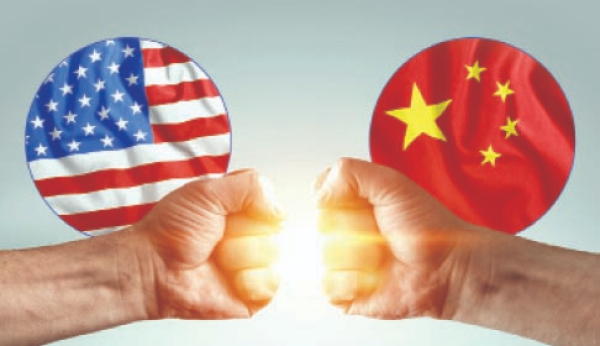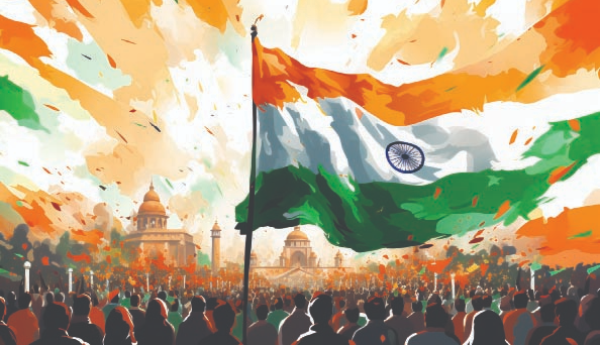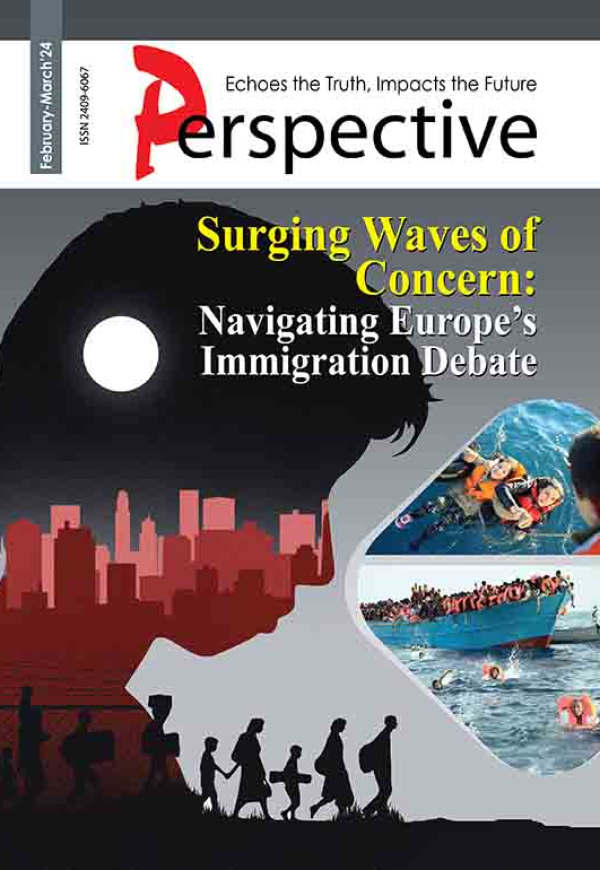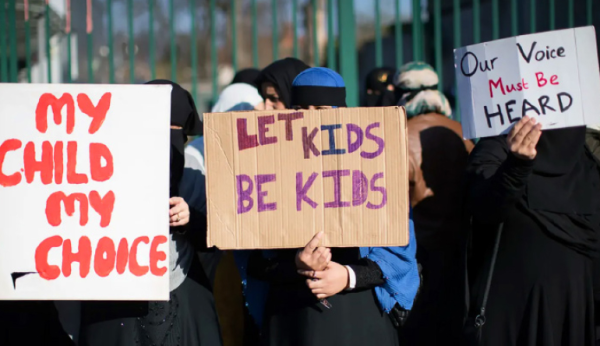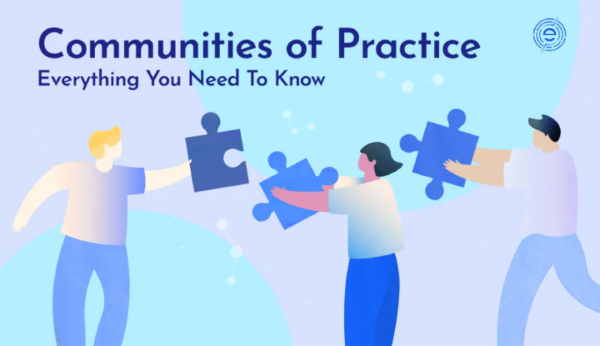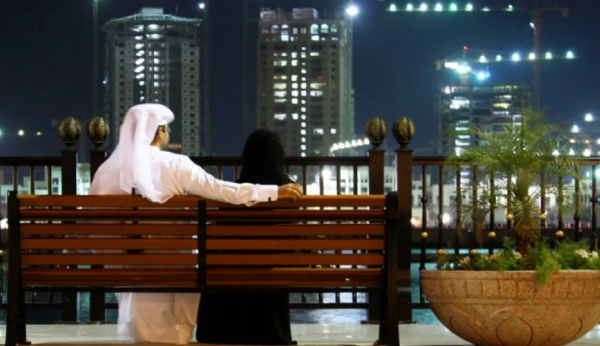Genocide in Cambodia and its impact on the World
Genocide in Cambodia and its impact on the World
Genocide in Cambodia and its impact on the World
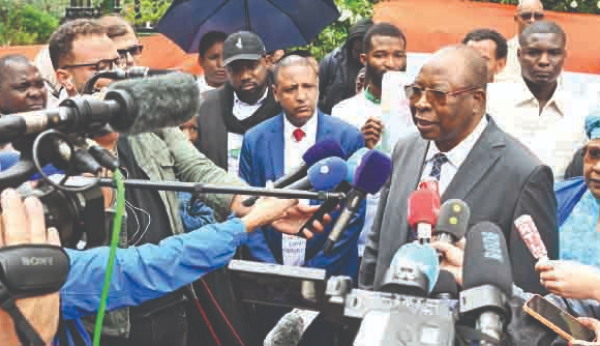
In the 20th century, this world witnessed barbarous events. The century will be remembered for the brutal atrocities of the leaders in different regions. A Plethora of people were killed on account of either civil war or taking power. They destroyed civilization with ethnic cleansing. In most of the cases, the victims didn’t get any justice nor even transitional justice. We see that in most of the cases genocides were influenced by super power of the world by using religious or anti-religious sentiment. In some cases, it was ideological clashes whilst new colonialism also caused this cleansing.
In this article, we attempt to understand the Cambodian genocide along with the causes and effects of this genocide. Genocide is a term for antihumanitarian activities. According to Raphael Lemkin (1900-59): “By ‘Genocide’ we mean the destruction of a nation or an ethnic group. Generally speaking, genocide does not necessarily mean the immediate destruction of a nation, except when accomplished by mass killings of all members of a nation”. This world has experienced such diabolical events several times. The genocide that occurred in Cambodia is one of the tragedies in history. This genocide occurred from 1971 to 1980. The target of this genocide was to reform the society as a whole. That’s why, the government of Cambodia killed people to establish communist ideology all over the country.
Causes of Genocide in Cambodia:
Between 1975 and 1979, Cambodia witnessed an explosion of mass killing and massive destruction. Nearly 1.5 to 3 million people were killed by the ruling party of Cambodia named Khmer Rouge. The Khmer Rouge took power following the Cambodian Civil War of 1975. During four years of their brutal rule, they intended to rebuild Cambodia according to their communist ideology.
The Cambodian Genocide was ultimately the blueprint of the Khmer Rouge. Their reservation was to create a classless agrarian society. The regime ultimately collapsed when neighboring Vietnam invaded and established an occupation that lasted more than a decade.
Cambodia before the Genocide:
In 1969, Cambodia engaged in a bloody civil war in the history of Cambodia. The war eroded the Cambodian realm and later the Cambodian Republic and its allies (United States), against the Cambodian communists. The communists received support from the neighboring Vietcong.
The Cambodian monarchy endorsed a strong sense of nationalism and allegiance to the government but was also seen as corrupt. This corruption bred several underground groups with the shared goal of overthrowing the government.
Income inequality in Cambodia was widespread. Cambodians who live in the urban areas enjoy a luxurious life but people can’t take any sort of facilities who live in rural areas. This obvious division of class made Cambodia especially disposed to revolution. Ultimately, the Khmer Rouge took power in 1975 and Pol Pot became the leader of the country.
Who is Pol Pot?
Pol Pot was a dramatic character. Though he was a human being, his activities were totally like a fierce animal. Pol Pot, original name Saloth Sar. He was born on May 19, 1925, in Kompong Thom province, Cambodia. This tyranny died on April 15, 1998, near Anlong Veng, along the Cambodia-Thailand border. Pol Pot was a Khmer political leader who led the Khmer Rouge totalitarian regime (1975–79) in Cambodia. His fundamental communist government forced the mass evacuations of cities, killed and displaced millions of people, and left a bequest of harshness and impoverishment.
The son of a landowning farmer, at age five- or six-year-old Pol Pot was sent to live with an elder brother in Phnom Penh, where he was educated in a French curriculum. An ordinary student, he failed the entrance examinations for high school and so instead studied carpentry for a year at a technical school in Phnom Penh. In 1949 he went to Paris on a scholarship to study radio electronics. There he was involved with the communist party and joined a group of young left-wing Cambodian nationalists. In France, he spent more time on revolutionary activities than on his studies. His scholarship was cut short after he failed examinations, and he returned to Phnom Penh in 1953.
Pol Pot taught at a private school in Phnom Penh from 1956 to 1963, he left the capital because his communist ties were suspected by the police. By 1963 he had adopted his revolutionary pseudonym, Pol Pot. He spent the next 12 years building up the Communist Party that had been organized in Cambodia in 1960, and he served as the party’s secretary. An opponent of the Norodom Sihanouk government and of the military government of Gen. Lon Nol, he led the Khmer Rouge guerrilla forces in their overthrow of Lon Nol’s regime in 1975.
The Cambodian Genocide
In 1975, the Khmer Rouge took power and plotted a radical restructuring of Cambodian society. They forced to exclusion of city dwellers into the countryside, where they would be compelled to work as farmers, digging canals and tending to crops. If anyone denied their order, they would kill them. So, people became afraid and followed the order of Khmer Rouse. Educated and elite society had been considered as a foe of the country. Massive mismanagement of the economy in Cambodia led to shortages of food and medicine, and indescribable numbers of people surrendered to disease and hunger. Families were also split up. The Khmer Rouge created labor brigades, assigning groups depending on age and gender. This policy resulted in hundreds of thousands of Cambodians starving to death.
Religious and ethnic minorities faced particular oppression. Christian and Buddhist groups were targeted for suppression but about 70% of Cham Muslim groups were mostly affected by the genocide. Because the Khmer Rouge placed a heavy emphasis on the rural farmworker population, anyone who was considered an intellectual person was targeted for special action. This meant teachers, lawyers, doctors, and clergy were the targets of the management. Even people wearing glasses were the target of Pol Pot’s reign of terror.
There is difficulty establishing a definitive number of victims of the Cambodian Genocide. The Cambodians kept methodical records of prisoners and accomplishments. However, as Cambodia’s enemy, Vietnam invaded and released the records, there is speculation that they could have been exaggerated.
Aftermaths of Cambodian Genocide:
The Cambodian Genocide represents a difficult period in history. This genocide is compared with Nazi Germany and the Soviet Union genocide. North Vietnam and China supported the Khmer Rouge. As a result, this world experienced the worst history in the 20th century.
In 1979, the Khmer Rouge aimed outwards to create a new Angkorian empire. This led to attacks on the newly unified Vietnam, which eventually provoked the country’s army to invade Cambodia. At that time, China opposed the action by Vietnam. Because of the support from China, the Khmer Rouge regime was able to keep its seat at the UN until 1982, three years later it lost power.
The aftermaths of the Cambodian genocide:
1. About 25% of the population died due to execution, forced labor, starvation and disease during the genocide.
2. Survivors and their descendants went through horrific psychological trauma and stress.
3. Target killing, loss of intellectuals and academicians made the Cambodians suffer from intellectual in the long run.
4. The economy of Cambodia collapsed due to the forced collectivization of agriculture.
5. Socio-cultural condition of the Cambodian people also deteriorated. In other word, a trace of ethnic minorities was eradicated.
6. With the name of establishing equality, the brutal Khmer Rouge broke the social chain.
It’s absolutely woeful that people were killed but they didn’t know why they had been killed. People have no right to express their opinions. We have been undergoing till now that events like Cambodia are circumambulating in the world. But we want justice and not willing to see any extra-judicial killing in the world.
 Nurul Islam
Nurul Islam 


